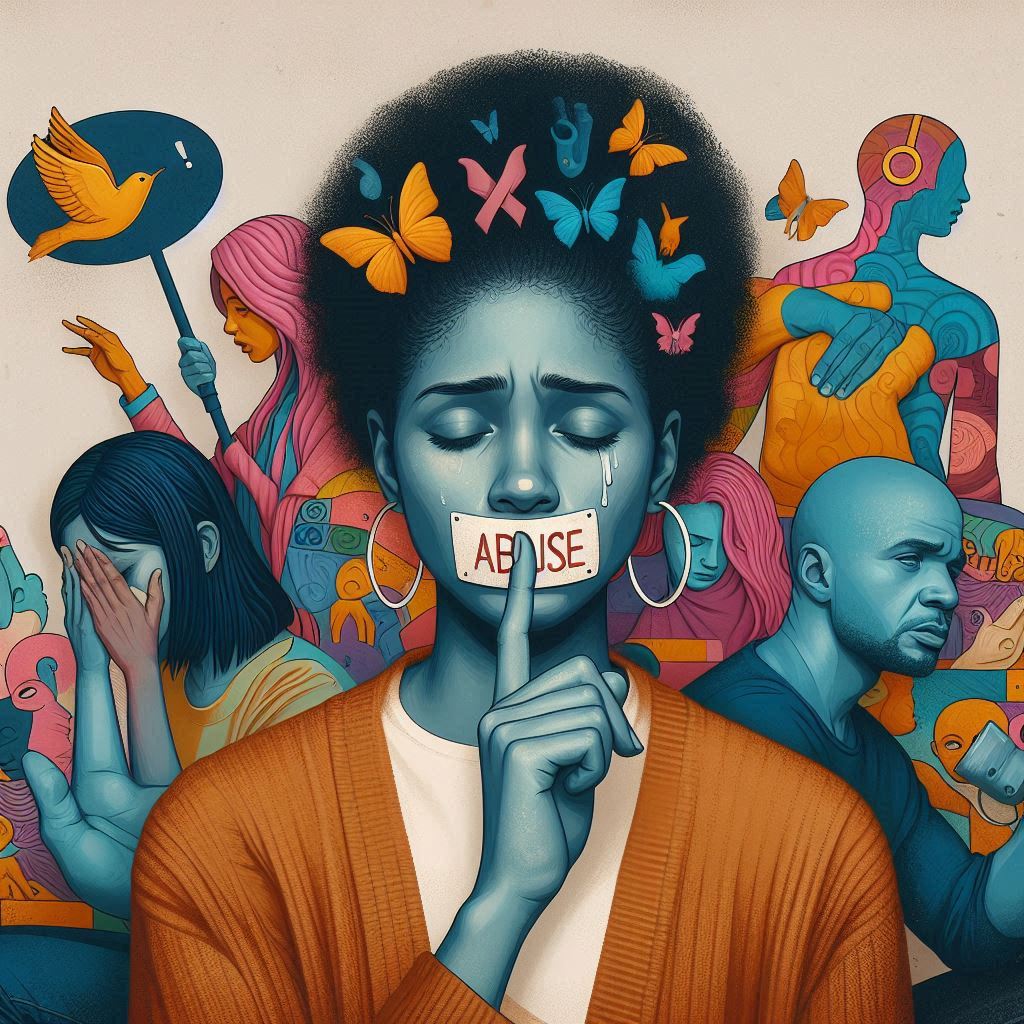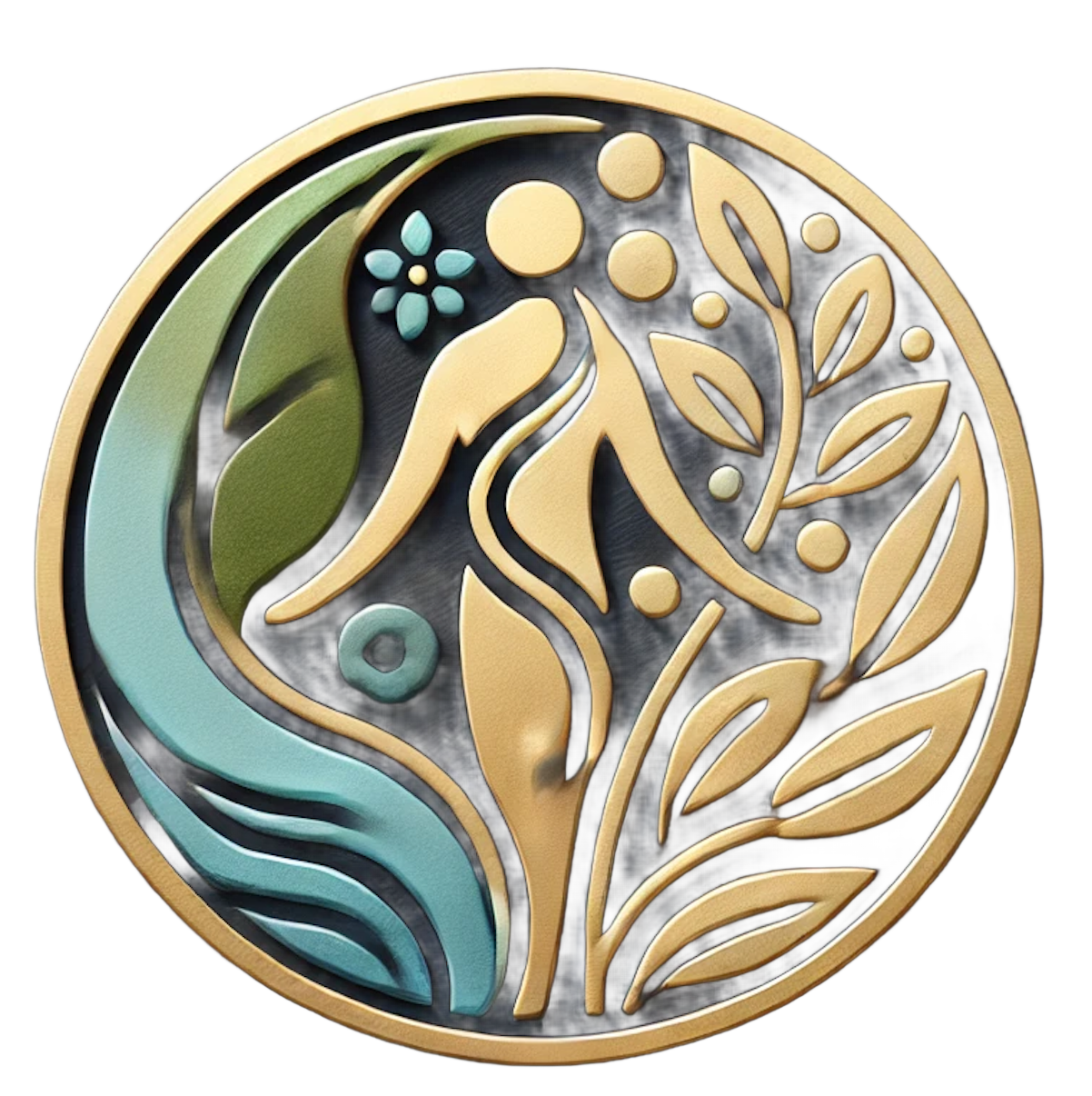
October 10th, marks World Mental Health Day. As someone who has navigated the complex landscape of mental health after abuse, I want to share a little bit of my journey. It’s a narrative of struggle, resilience, and the profound importance of prioritizing our mental well-being in the aftermath of trauma.
The Invisible Scars
When people speak about abuse, they often focus on its immediate, visible impacts. But not all of us carry physical scars. For many, those long, dark, bloody wounds reside in our heads. It’s emotional. It’s mental. For those who’ve been through sexual and physical assault, long after the physical scars have healed, we are haunted by memories, smells, fears. The journey of recovery from abuse must include a look at the mental health impact that profoundly but invisibly shapes our lives.
As a survivor, I’ve grappled with a range of challenges that many face when dealing with mental health after abuse:
– Post-Traumatic Stress Disorder (PTSD), with its intrusive memories and hypervigilance
– Deep-seated anxiety about safety and future relationships
– Depression that colored my world in shades of grey
– A fractured sense of self-worth and crippling self-doubt
These weren’t just passing feelings, but constant companions that affected every aspect of my life after abuse.
The Ripple Effects
The impact of abuse on mental health doesn’t exist in a vacuum. It permeates every aspect of our lives, affecting our relationships, our work, and our sense of self.
- Strained Relationships
Trust became a foreign concept. I found myself withdrawing from friends and family, unable to articulate the depth of my pain. The very support system I needed most began to feel distant and inaccessible. Intimacy felt dangerous, and vulnerability was a luxury I couldn’t afford. This is a common experience for many working on their mental health after abuse.
- Professional Challenges
At work, where I had always thrived, I began to doubt myself. My confidence, once a cornerstone of my professional identity, crumbled under the weight of my experiences. I questioned my decisions, second-guessed my instincts, and lived in constant fear of being “found out” — as if the abuse and its resulting mental health challenges somehow negated my years of expertise and hard work.
- Financial Anxiety
I was constantly afraid of running out of money to pay my bills (even though I was earning well) and the specter of economic abuse by a partner, friends or even family left me with a constant fear of financial instability. The possibility of losing everything haunted me.
The Journey to Healing
Recognizing that my mental health had deteriorated as a result of the abuse was the first, crucial step. Then I had to admit to myself that I needed help. It wasn’t easy, but it was necessary. Here are some key lessons I learned along the way:
1. Break the Silence: Talking about our struggles with mental health after abuse is powerful. It not only helps us but can also inspire others to seek help. Remember, you deserve to be heard and believed.
2. Seek Professional Support: Trauma-informed therapy provided me with invaluable tools to cope and heal. There’s no shame in seeking expert guidance tailored to improving your mental health after abuse.
3. Utilize Available Resources: In the U.S., the National Domestic Violence Hotline (1-800-799-SAFE) offers free, confidential support 24/7, in addition to the Suicide & Crisis Lifeline (988).
4. Prioritize Self-Care: Setting boundaries, taking breaks, and allowing time for healing are crucial for mental health after abuse. These are not luxuries—they’re necessities.
5. Reclaim Your Story: Remember that you are more than what happened to you. Your experiences are part of your story, but they don’t define you.
A Message to Those coming to terms
To those of you reading this who may be struggling with or know someone who is/was in an abusive situation or relationship; to those of us who have been undergoing this silent pain for years; Know that
You are not alone.
..and that Your worth is NOT defined by your struggles or your past experiences, but by your humanity. It’s okay to need help. It’s okay to take time to heal.
Taking care of your mental health is not a sign of weakness; it’s an act of courage and self-love that ripples out to positively impact every area of your life.
Moving Forward
As we observe World Mental Health Day, I encourage you to reflect on your own journey of mental health. Reach out for support if you need it. Check in on your friends and colleagues, especially those who seem to “have it all together.” Sometimes, the deepest wounds are the ones we can’t see.
Remember, you are strong, you are resilient, and you are worthy of support and care. Let’s continue to break the stigma surrounding mental health one conversation at a time.
Your story matters.
Your health matters.
You matter.
You Don’t Have to Walk This Path Alone
If you’re struggling with mental health issues after abuse, know that support is available. As someone who has walked this path, I understand the courage it takes to reach out for help.
I’m here to listen, support, and guide you towards resources and healing strategies that worked for me and many others. Whether you need a compassionate ear, information about local support services, or guidance on starting your healing journey, I’m just a phone call away.
Take the First Step Towards Healing Your Mental Health After Abuse:
Call/WhatsApp me at +1(876)849-7067
or make an appointment for a free consultation at https://sandrahamilton.co/book-zoho/ for a confidential conversation.
Together, we can explore your path to recovery and reclaiming your life.
Remember, seeking help for your mental health is a sign of strength, not weakness. You’ve already survived so much – you don’t have to face the journey of healing alone. Reach out today, and let’s take that first step together.
Your future self will thank you for the courage you show today in prioritizing your mental health after abuse.
Ready to start your healing journey? Why not start with my program, Live Your Truth. Click the link below and
Also join me on FaceBook for daily motivation, mindfulness and mental health tips. Here’s the link https://www.facebook.com/DrSandraRHamilton/
#MentalHealthAfterAbuse #WorldMentalHealthDay #HealingFromAbuse #DomesticViolenceSurvivor #TraumaRecovery #MentalHealthAwareness #BreakTheStigma #YouAreNotAlone #EmotionalHealing #WomenEmpowerment #PTSDAwareness #AnxietySupport #DepressionRecovery #HealingJourney #SurvivorStrength #AbuseRecovery #TraumaInformedCare #ReachOutForHelp


